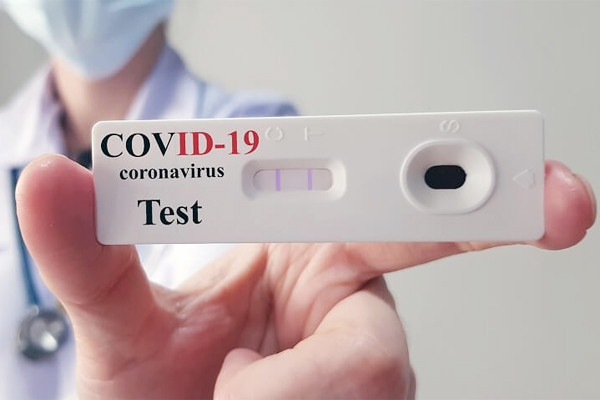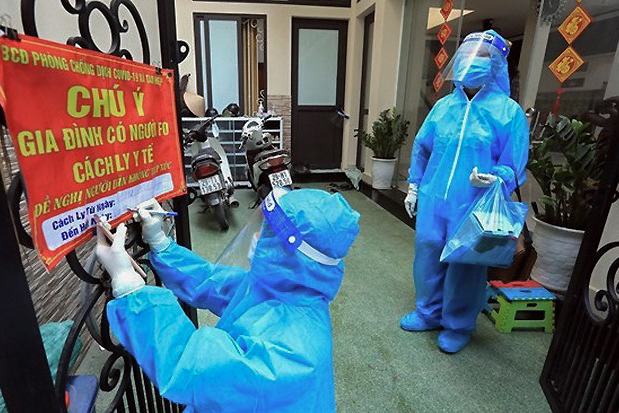Distinguishing digestive disorders caused by Covid-19 and gastroenteritis in children
Parents pay attention to the number of symptoms and respiratory manifestations in children to distinguish digestive disorders caused by Covid-19 and gastroenteritis.
The data is published in the journal JAMA showed that one-third of children with Covid-19 had digestive symptoms. Gastrointestinal symptoms in children can include diarrhea, nausea, and abdominal pain. This symptom is basically similar to the clinical manifestations of gastroenteritis in children.

Children with Covid-19 and gastroenteritis have many of the same symptoms. Image: iStock
Gastroenteritis, also known as stomach flu, is defined by: National Library of Medicine is an inflammation of the lining of the digestive tract. Gastroenteritis can be caused by a number of causes such as viruses, bacteria, and parasites. This disease is usually spread by eating unsanitary food and coming into contact with the feces of an infected person.
To help parents distinguish digestive symptoms caused by Covid-19 and gastroenteritis in children, experts point out some telltale signs.
Children infected with Covid-19 often show more symptoms: The virus attacks the body’s systems, leading to flu-like symptoms including fatigue and respiratory problems in children. But, children with gastroenteritis usually only experience digestive symptoms such as diarrhea, loss of appetite, fatigue.
Covid-19 can change taste in children: Gastroenteritis can produce anorexia while Covid-19 can alter or lose taste in children.
Besides, when infected with Covid 19, children often have a fever than gastroenteritis. Dr O’Shea, Children’s Hospital Birmingham explains: “Covid-19 is more likely to cause fever than other viruses while stomach viruses cause vomiting and diarrhea.”
Covid-19 leads to more respiratory symptoms in children: When experiencing gastroenteritis, patients rarely have respiratory symptoms. If your child is vomiting, has diarrhea, and has a blocked nose or cough, the child may have Covid-19 instead of gastroenteritis.
With Covid-19, diarrhea often precedes respiratory symptoms. If the child has diarrhea, parents can monitor other symptoms for reasonable treatment.
There are many similarities in symptoms between Covid-19 and gastroenteritis, so it is difficult to identify children infected with SARS-CoV-2 virus by observation method. When a child shows the first symptoms of the disease, parents need to pay attention to the child’s changes and apply an appropriate test method to clearly identify the child’s medical condition.
If the child has gastroenteritis, parents need to give the child enough water and electrolytes to avoid the risk of dehydration. In addition, parents should give children rest, eat less and eat more meals, and can use over-the-counter pain relievers to reduce discomfort.
In addition, if there are other related symptoms such as prolonged diarrhea, blood in the stool, high fever or pain that occurs continuously for 2 hours, parents need to take the child to a medical facility for treatment. examination and treatment.
Hong Thao (According to Parents)
at Blogtuan.info – Source: vnexpress.net – Read the original article here



